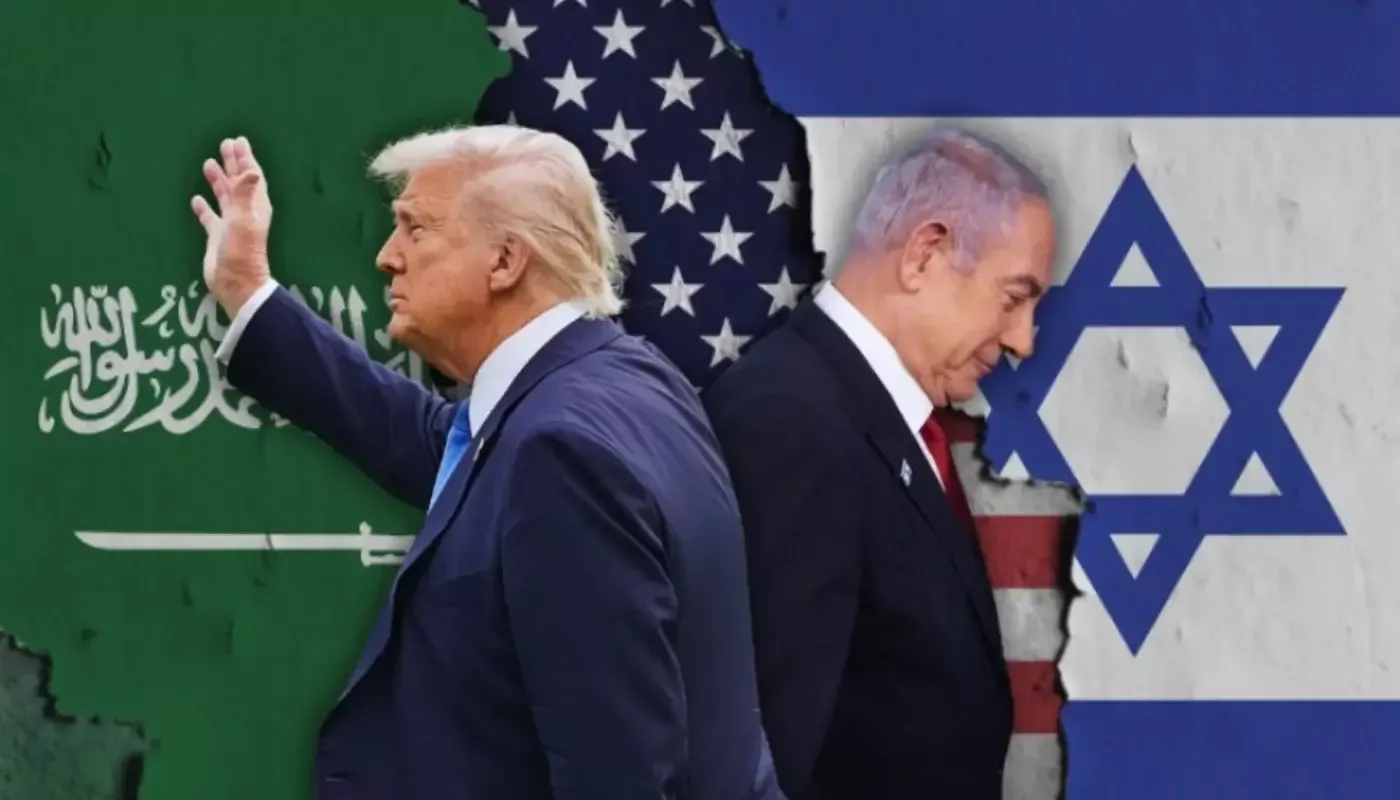
Reports that US President Donald Trump is preparing to recognize Palestine as an independent state have caused a significant stir in the international political environment. This was reported by The Jerusalem Post, citing its sources in the Gulf countries.
According to information, Trump may announce this decision during his planned visit to the Middle East in mid-May, specifically at a summit in Riyadh, the capital of Saudi Arabia. During the summit, he is expected to meet with the leaders of Gulf Arab states.
Will a new wave of "Abraham Accords" emerge?
A source from The Jerusalem Post emphasizes that if the US officially recognizes the Palestinian state, this decision will seriously alter the balance of power in the Middle East and also increase the number of countries joining the "Abraham Accords."
This is not just a diplomatic step — it may also represent a reevaluation of US strategic interests in the region.
UN resolutions and international law
The issue of recognizing Palestine as a state has been reflected in UN resolutions and international legal documents for many years. However, the Israeli administration has always strongly opposed this.
In particular, on July 18, 2024, the Israeli parliament, the Knesset, passed a decision rejecting the establishment of a Palestinian state by a majority vote. This decision sparked serious criticism on the international stage. UN Secretary-General Antonio Guterres opposed this decision, emphasizing that the two-state solution — establishing an independent Palestinian state with its capital in Jerusalem based on the 1967 borders — is the only reasonable path to stability.
Macron also plans to recognize Palestine
French President Emmanuel Macron has also recently indicated that official Paris is preparing to recognize Palestine in the near future. This indicates a shift in position in Europe.
The US's ambiguous policy
It is worth noting that until now, the US has officially supported resolving the conflict based on the two-state principle. However, in practical politics, Washington has often defended Tel Aviv's positions against Palestine.
Palestine's efforts to become a full member of the UN have also been halted several times due to US opposition. In particular, in April 2024, a draft resolution regarding Palestine's membership in the UN Security Council was rejected solely due to US opposition.
Trump's position — a serious change or a political maneuver?
If Trump officially announces the recognition of Palestine, it could be a significant political blow for the Israeli administration. Some analysts are assessing this as a "shock effect." At the same time, it can be observed that Washington-Tel Aviv relations have also cooled considerably.
For example, the meeting between Benjamin Netanyahu and Donald Trump at the beginning of April was assessed by the US media as a diplomatic failure. Netanyahu was unable to influence Trump on important issues such as Iran and Turkey.
HAMAS, Gaza, and the "real estate" issue
At the same time, it has been reported that the White House administration is pressuring the Israeli government to reach an agreement with HAMAS. According to The Times of Israel, Trump's special envoy for the Middle East, Steve Whitehead, warned Israel that "if you do not accept US demands, you will be left alone."
Additionally, Trump had previously caused criticism with his statements about relocating the population of the Gaza Strip to neighboring countries and redistributing the region as "real estate."
This has led analysts to question whether Trump will truly recognize Palestine.
Whether the US's new position on the Palestinian issue will indeed translate into practical steps or remain a political media maneuver will be clarified in the coming days. However, one thing is clear: Trump's potential statement could initiate a wave of significant changes in Middle Eastern geopolitics.